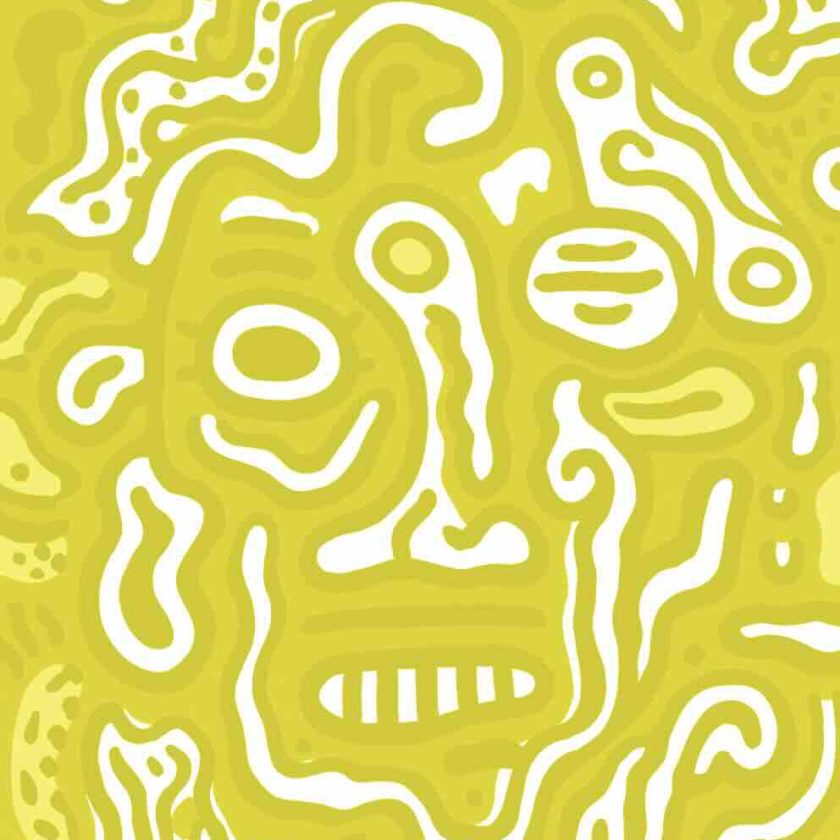Until very recently, white-collar workers had always felt safe. They didn’t mind seeing millions of jobs outsourced or replaced by machines. The office professions had no use for workers, many of whom they saw as proletarians. AI is reversing the mechanisms of proletarianization. White-collar workers are going to lose their jobs en masse far more quickly than blue-collar workers, and there’s no guarantee that they’ll be able to find another one afterwards. There’s no guarantee that work will be accessible to all in the future. Strangely enough, manual professions still have a future ahead of them, at least for a while.
A New Class Of Jobless Proletarians
In the Marxist sense of the term, a proletarian is someone who lives solely from his work. In the Roman (and ancient) sense, it refers to that section of the population whose only useful function is to reproduce. If we look at the economic landscape, we could say that today’s proletarians are not proletarians in the Marxist sense of the term, but rather in the Roman sense. Indeed, what characterizes the poor classes of developed countries is above all their distance from work. Unemployment is a structural reality of European economies, and to a lesser extent those of other Western countries. However, the proles don’t have jobs, but they continue to have children.
A New Class Of Proletarians: Those Without Work Or Children
What may happen with AI is that it will create a childless proletariat. Life in the metropolis erases the milestones of biological time: people are young for life, only to suddenly discover their old age in the evening. Cities offer distractions and pleasures that we have to give up as soon as we have a child. This explains why many city dwellers in their thirties and forties have no children of their own. The proletarianization of white-collar workers is unlikely to eradicate this phenomenon, even if they don’t have access to the same pleasures. The downtrodden will want the same right to hedonistic consumption of products and services available in every metropolis.
Towards A New Proletarian Revolution
What were the origins of socialism and the desire for a proletarian revolution in the twentieth century? In a word, it was about the distribution of wealth. The industrialization of Europe had led to productivity gains far beyond anything seen before. The problem was that capital was held in the hands of only a few players, and the bulk of the wealth produced accrued to them. Socialist aspirations stemmed from the need to “socialize” the profits that eluded the workforce that created them. Communism decided to eliminate the capital-owning class so that capital could be returned to the state, creating other problems that made the economy slow down. The current monopolization of wealth by just a few players is glaringly obvious. GAFAM monopolize whole swathes of the virtual economy (search engines, social networks, etc.). This wealth is generously shared with the employees who work for these companies. What will happen when we can simply do without 90% of the IT workforce? There will undoubtedly be new socialist aspirations. That’s what we’re already seeing with the mention of universal income. But will it be enough? Will a developer accustomed to earning $200,000 a year be able to console himself with a universal income (currently estimated at $13,000 in the USA)? Probably not, as the downgrading of a segment of the population has rarely gone smoothly in history.




